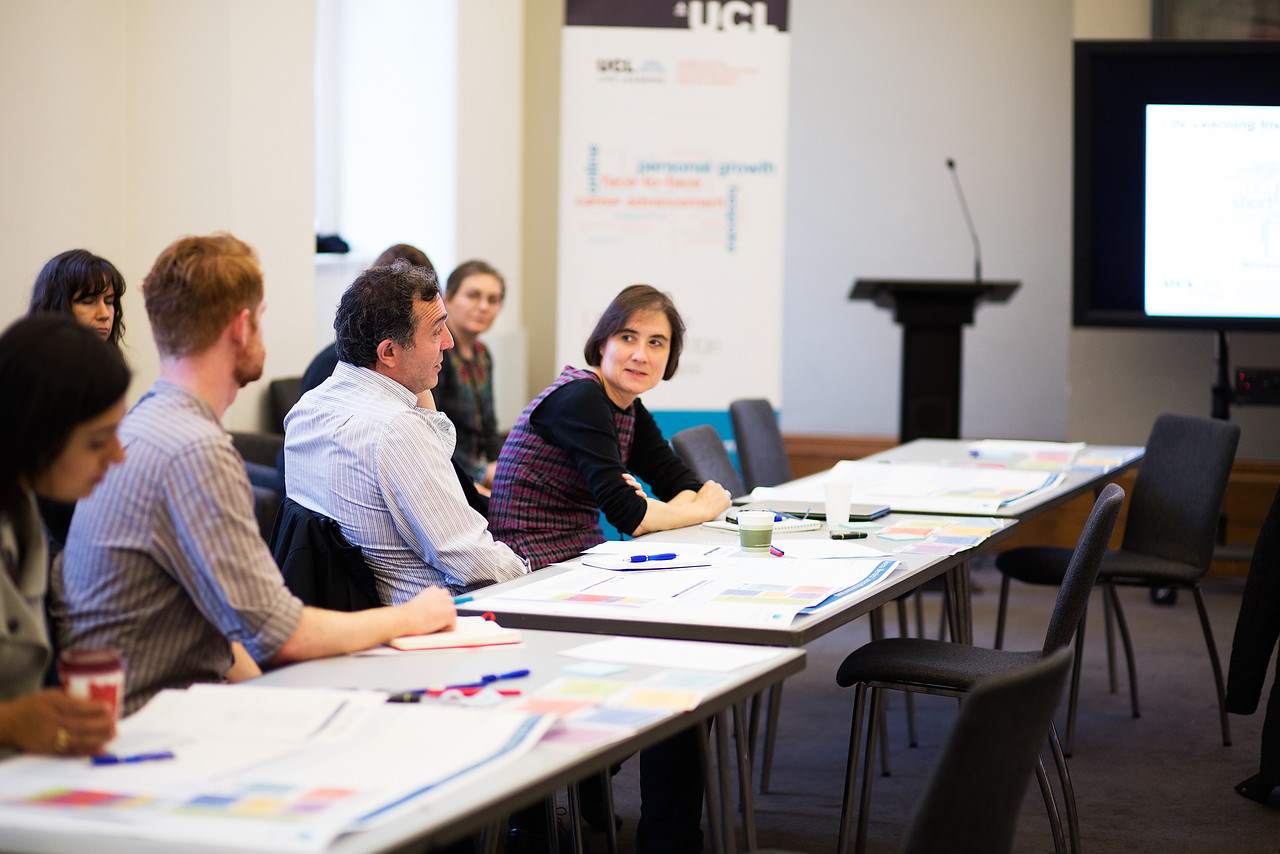Knowledge, curriculum and student agency

The aim of this project was to provide an understanding of students’ transformation as a consequence of engagement with disciplinary knowledge during their undergraduate studies, building on empirical research across four universities in two countries.
About this project
In contemporary times characterised by economic difficulties, dynamic social relationships and future uncertainty, there is a fresh interrogation of the purposes of an undergraduate education. Another contemporary focus in higher education is on the economic rationale of universities and on the special role of STEM disciplines, which are seen as lucrative for graduates’ career success as well as for the development of national economies.
What is less emphasised and also less understood is the transformational impact of these disciplines in terms of the ways in which they transform students’ sense of identity as they engage with disciplinary knowledge. This is a key element of ‘graduateness’ that is characteristic of higher education.
Research in this area to date has tended to focus on the social sciences and humanities, and has seldom covered more than one institution or operated longitudinally across a number of years. To address these gaps, this project examined the relations between knowledge and curriculum, student agency, and identity. It will look specifically at undergraduate degree courses in chemistry and chemical engineering.
The project therefore provided new understandings of ‘graduateness’ in natural and engineering sciences; longitudinally examined four universities across two countries and provided comparative data across institutions, countries and disciplines; and made connections between undergraduate degree courses at local/national and global levels.
Policy implications
This project sought to impact higher education governance and related policy at institutional, national and international levels, as well as departmental and institutional policy on curriculum design, across universities and countries. University policies on pedagogic practices could benefit from the results of this study, as well as the curricula of programmes on teaching and learning for academic staff.
National and international policies related to the purposes of higher education and the role of universities in societies will also be affected as they do not currently take account of the transformative nature of university study and its relation to ‘graduateness’.
Project methods
This was a multi-method, longitudinal and internationally comparative study. We charted students’ progress through their undergraduate degrees, the processes by which they develop understanding, and the different trajectories that they follow. This took us to the heart of the relations between knowledge, pedagogy and student identities.
Basic methodological information
- Longitudinal study: following students throughout the course of their degree (from October 2016 to July 2020).
- Multiple sites: four chemistry and four chemical engineering degrees; two in the UK for each discipline and two in South Africa.
- Comparative study: (i) between disciplines of chemistry and chemical engineering; (ii) between the UK and South Africa.
- Rich data: interviews with students and staff, course material, institutional and national policy documents.
The collected data included:
- interviews with selected students once per year (altogether 400 interviews);
- video recordings of selected classes and interviews with the people leading the classes (altogether 28 sessions and 28 interviews);
- class survey at the final year of the programme (up to 800 students);
- curriculum documentation, including programme and module handbooks;
- examples of students’ assessed assignments;
- publicly available students’ association documents where existing;
- institutional policy documents;
- national policy documents;
- disciplinary bodies’ policy documents.
The project ran from October 2016 to September 2020.
Team

Reneé Smit is the Academic Development Lecturer, Electrical Engineering at University of Cape Town based in South Africa.

Dr Margaret Blackie is a senior lecturer in the Department of Chemistry and Polymer Science at Stellenbosch University in South Africa. She also teaches theology at the same institution. She has research interests in medicinal chemistry and tertiary STEM education.

Nicole Pitterson is an Assistant Professor in the Department of Engineering Education at Virginia Tech. She holds a B.Sc in Electrical and Electronic Engineering from the University of Technology, Jamaica, a M.Sc. in Manufacturing Engineering from Western Illinois University, and a Ph.D. in Engineering Education from Purdue University. Upon completion of her doctoral degree, Dr. Pitterson worked as a postdoctoral research scholar at Oregon State University.

Ashish Agrawal is a post-doctoral researcher at the University of Cape Town.
Publications
CGHE working papers
- Undergraduate students’ knowledge outcomes and how these relate to their educational experiences: a longitudinal study of chemistry in two countries (CGHE working paper 86, Paul Ashwin, Margaret Blackie, Nicole Pitterson, Reneé Smit, November 2022)
- Can and should assessment nurture an orientation to society and social justice? (CGHE working paper 72, Jan McArthur, Margaret Blackie, Nicole Pitterson, Kayleigh Rosewell, September 2021)
- Transforming university teaching (CGHE working paper 49, Paul Ashwin, April 2019)
Additional publications
- Ashwin, P., Blackie, M., Pitterson, N., Smit, R. (2022) Undergraduate students’ knowledge outcomes and how these relate to their educational experiences: a longitudinal study of chemistry in two countries. Higher Education, p.1-16.
- Case, J. M., Agrawal, A., Abdalla, A., Pitterson, N., & McArthur, J. (2022). Students’ experiences of the value of lectures for their learning: a close-up comparative study across four institutions. Teaching in Higher Education, 1-19.
- McArthur, J., Blackie, M., Pitterson, N., & Rosewell, K. (2021). Student perspectives on assessment: connections between self and society. Assessment & Evaluation in Higher Education, 1-14.
- McArthur, J (2020) Assessment for social justice: Achievement, uncertainty and recognition. In C. Callender, W. Locke and S. Marginson, Changing Higher Education for a Changing World. London: Bloomsbury.





